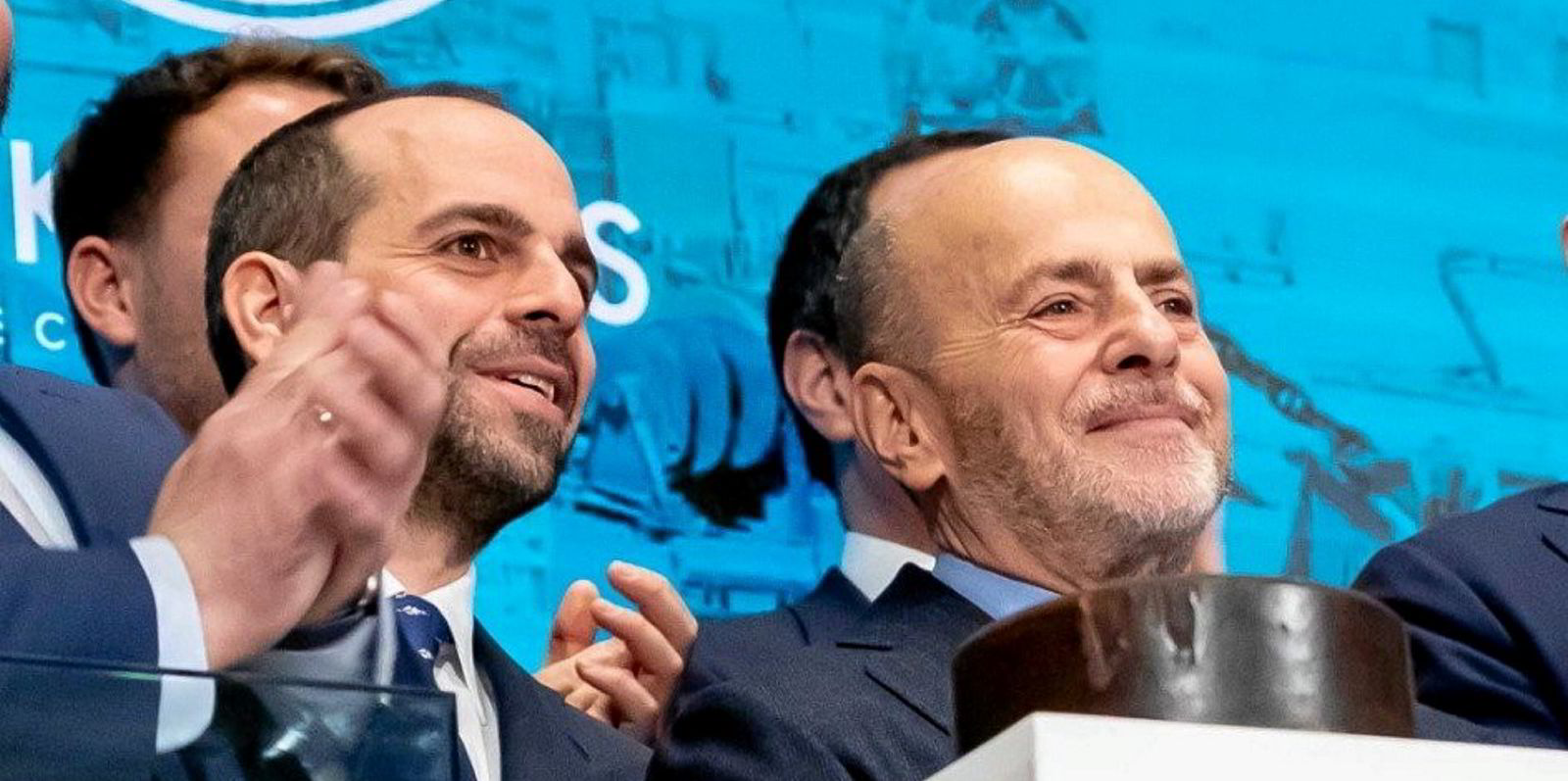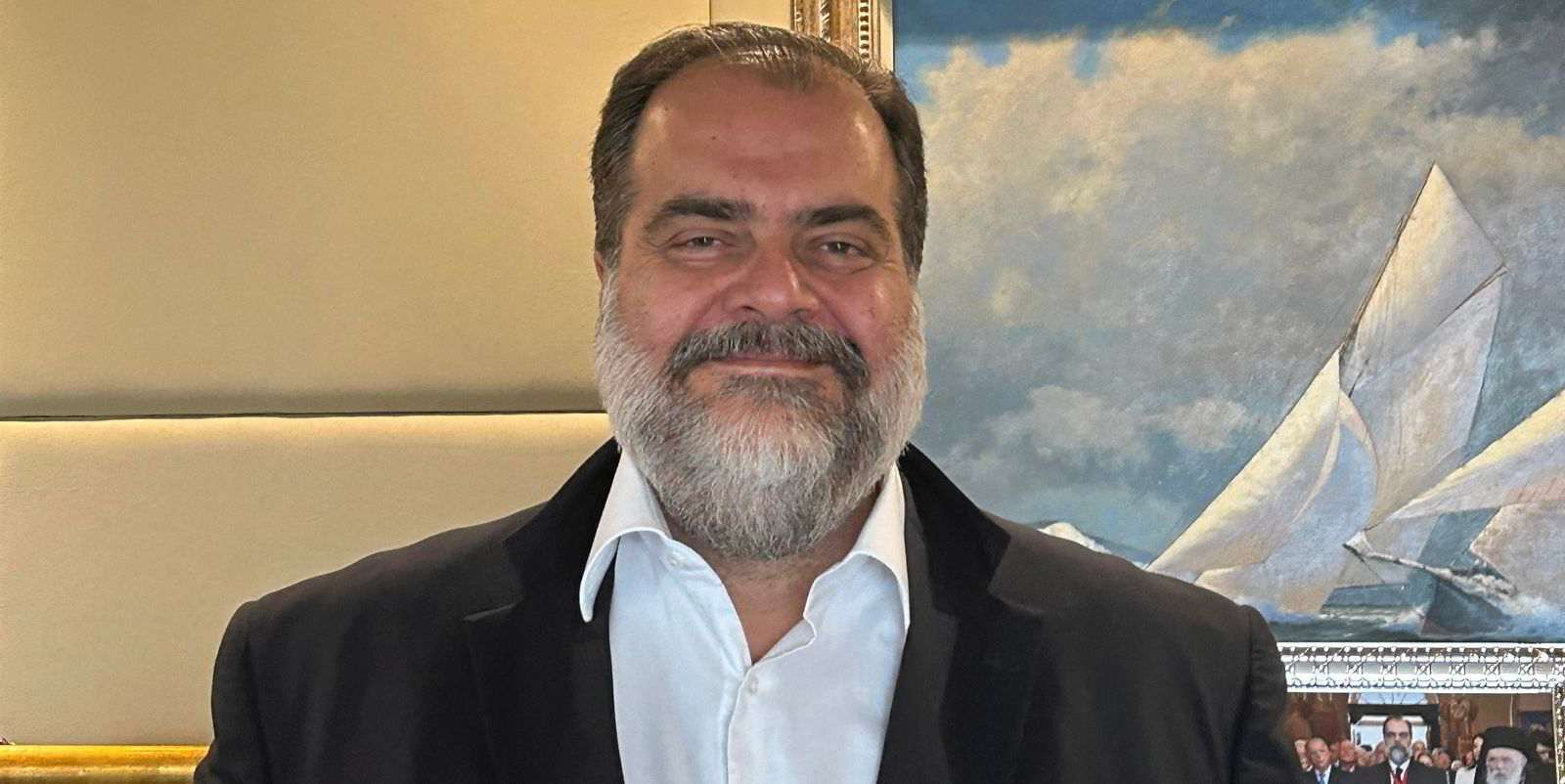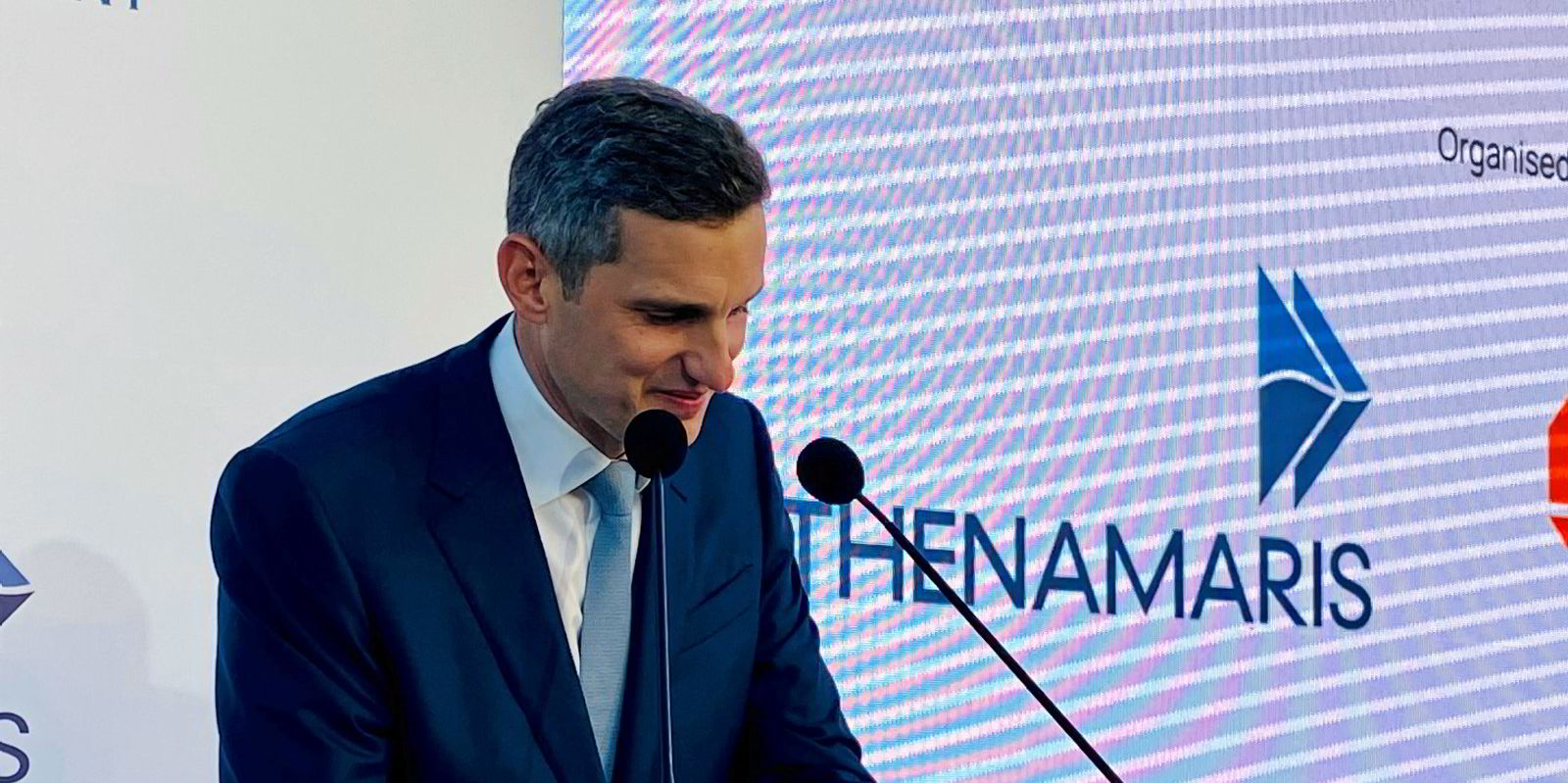Greece’s Ioannis Alafouzos is among major tanker owners expressing doubts on the opening day of Posidonia that shipping propulsion technology can change overnight and confidence that modern conventionally fuelled engines will continue to play a large role in the years ahead.
“We’re quite pessimistic about alternative fuels … we have not seen any alternative fuel that is either available or very promising — there’s still a lot of confusion,” Okeanis Eco Tankers and Kyklades Maritime principal Alafouzos told the Capital Maritime Summit in Athens.
“We believe that modern, conventional engines are probably the way to go today until we see where this takes us,” said Alafouzos, whose companies have ordered several big tanker newbuildings at South Korean and Japanese yards in recent years.
Highlighting his scepticism of alternative fuels such as methanol, ammonia and LNG, Alafouzos revealed that he was seriously considering installing carbon capture systems on his latest newbuildings.
“There has been one technology we have been seriously considering and that is carbon capture,” he said during a panel discussion.
“We had a long discussion with the shipyard in this respect but we couldn’t make a decision in the end … so we’re still going conventional,” he said.
However, even though the Alafouzos family likes the technology it does not consider it quite mature enough yet to be implemented at scale.
Other major players held similarly cautious views, including Svein Moxnes Harfjeld, president and chief executive of DHT Holdings.
“The fact of the matter is that these fuels are going to be very expensive and they are going to be sparse in terms of volume and availability,” Harfjeld said.
“We just need to prepare for the fact that there will be no energy transition without energy security — so we’ll continue to do what we do now for quite a bit longer but we always have to do better to emit less, Harfjeld added.
He said that for charterers who want to support investment in the industry and green transition, there is an obvious choice: “Offer more long-term employment.”
According to Ted Petrone, vice chairman of US-listed shipping behemoth Navios Maritime Partners, this is exactly what is happening — helped, in part, by high tanker earnings.
“I used to say … that tanker markets are going to be higher for longer — my new motto is they’re higher for even longer,” Petrone told the panel.
As a result, the market “is starting to help stakeholders and the supply chain to step up and do longer-term deals”, Petrone added.
“For the last decade, they didn’t need to go on long-term charter so only maybe 10% of their fleet was on a long-term charter. Today, they need steel, they’re coming to us, so I would think that portfolio number has gone up to 40%,” he said.
“Now we have joint ventures with oil companies, and owners come to the table and speak to them about what do we do next,” Petrone said.
“The market is on our side — if the VLCC market was at say $15,000 per day, we wouldn’t even be getting a seat on the table,” he said.





